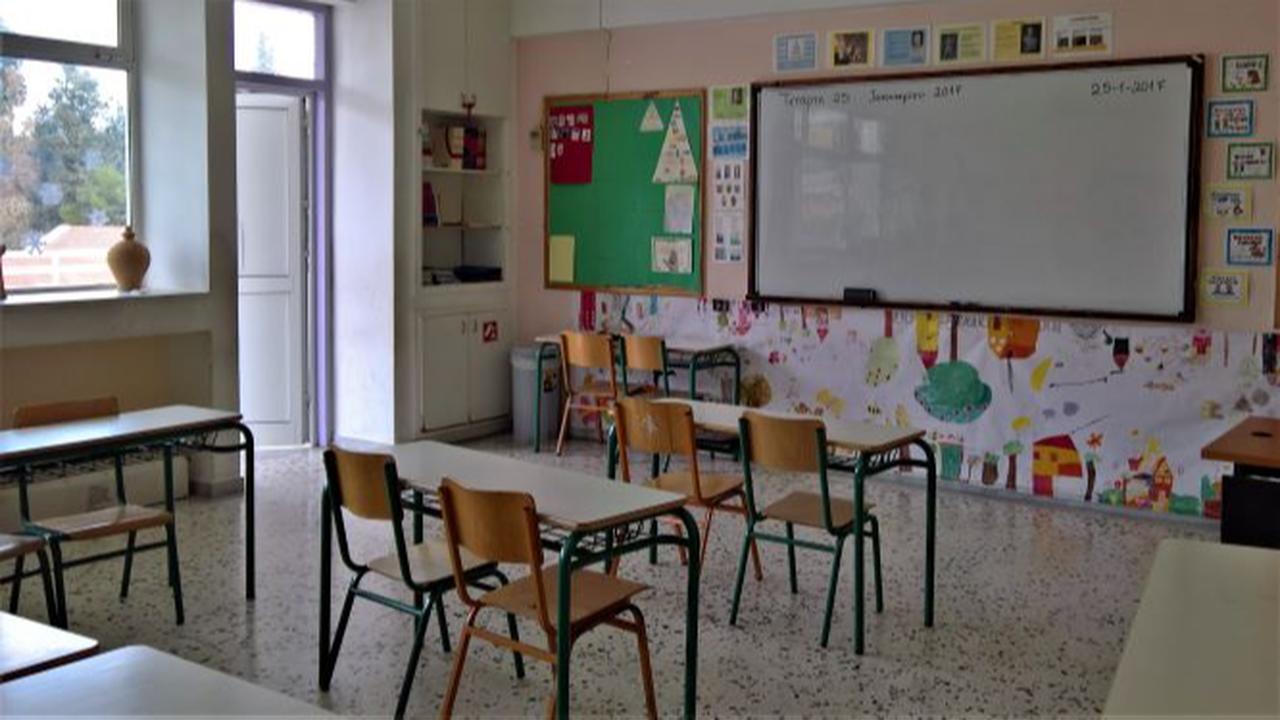
Greece will close more than 700 schools this academic year as the country grapples with a severe demographic crisis that has left classrooms empty across the nation.
The Greek Education Ministry announced that 721 of the country's 13,478 schools will be suspended for the 2025-2026 academic year due to insufficient enrollment, marking the latest consequence of Greece's plummeting birth rate and mass emigration of young families.

Primary schools bore the brunt of the closures, with 324 elementary schools and 358 kindergartens set to suspend operations — a sharp increase from 247 and 312 respectively in the 2018-2019 school year. The shutdowns span rural villages, remote islands and even urban areas in Athens.
Under Greek law, schools must maintain at least 15 students to remain open. Those failing to meet this threshold for three consecutive years face permanent closure.
The country's total student population has dropped to approximately 1.21 million for the upcoming academic year, representing a decline of more than 150,000 students since 2018-2019.
Ministry officials described the situation as "Armageddon" and called the demographic trends "terrifying." The closures force remaining students, particularly in remote areas, to travel distances of up to 50 miles daily to reach alternative schools.
Greece's demographic collapse stems from multiple intersecting factors. The country records one of the European Union's lowest fertility rates at approximately 1.3 births per woman — well below the 2.1 replacement level needed to maintain population stability.
The 2008 financial crisis accelerated the decline as economic hardship drove young, educated Greeks to seek opportunities abroad. This exodus, often termed a "brain drain," removed much of the population in prime childbearing years.